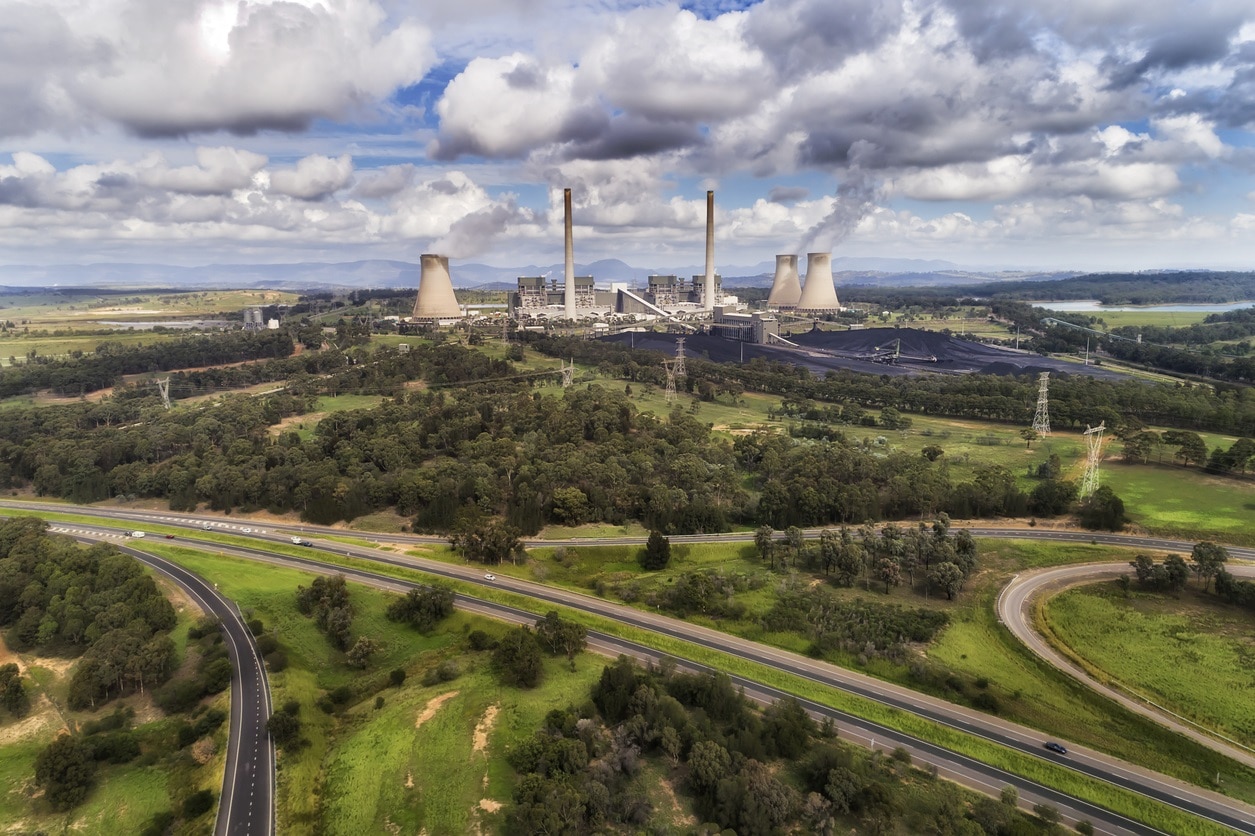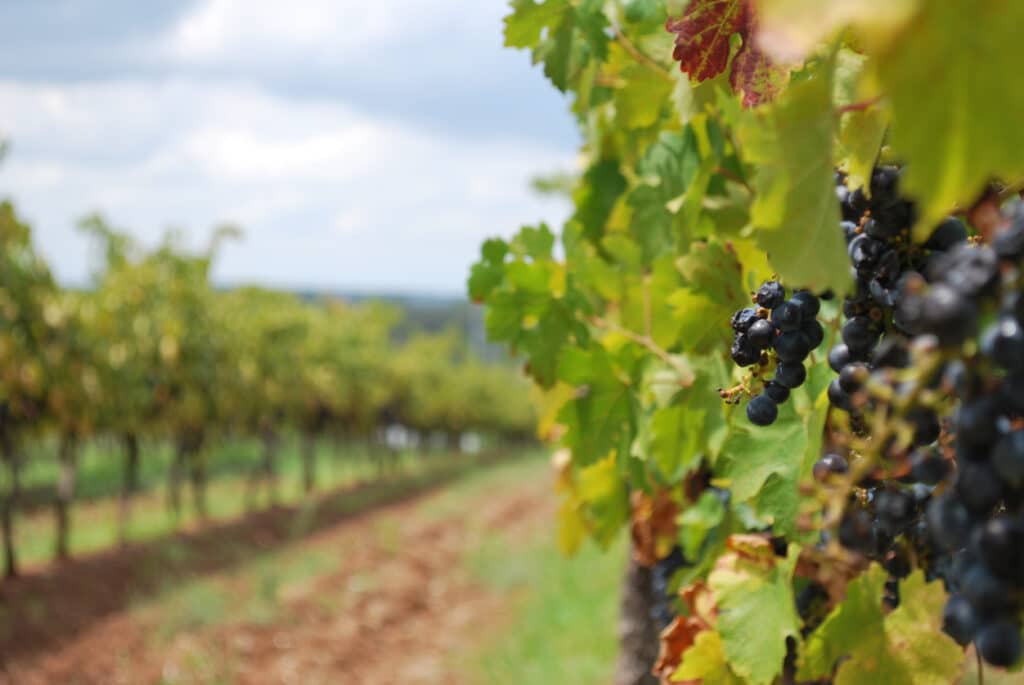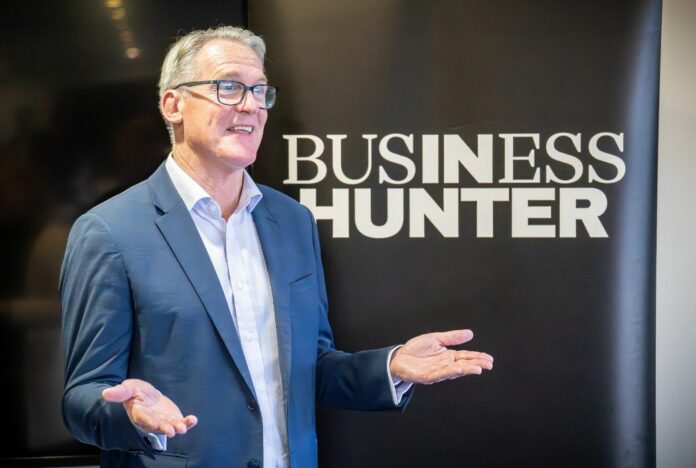Artificial Intelligence (AI), superannuation, insurance, power costs, cyber security and the cost of living. While they read like a list of buzz words being thrown around in the news recently, for some business owners they represent genuine concerns.
We sat down with Hunter Business CEO Bob Hawes to discuss the topics and more.

Changes from 1 July
From 1 July, the Australian Government introduced changes to superannuation and insurance, affecting every Australian.
While the rate of compulsory super that employers must pay eligible workers rose from 10.5% to 11%, the Super Guarantee (SG) rate is expected to continue to rise incrementally by 0.5% each financial year to 12% by 1 July 2025.
Rebates on private health insurance income thresholds increased as income tiers rose by approximately 3%, with the amount paid for insurance cover now being determined using a person’s actual age, changing each year.
From 1 July, energy costs increased too, with residential customers on standard retail power plans facing an additional 19.6% to 24.9% on their bills.
Mr Hawes says the start of the new financial year is proving tough for some.
“There’s a lot of businesses having to absorb a lot of cost and charge changes as of the 1st of July,” he told the Newcastle Weekly.
“A lot of those are being well documented.
“Power is still a big issue.
“The cost of power notwithstanding, there’s still plenty of businesses here in the Hunter that are keen to try and put a lid on that and get involved where they can with renewables and other ways to get the cost of their energy bills down.
“Some are struggling and the prospect of another 20-to-30% increase on them now is not good.
“The other issue that that’s come up in our latest business condition survey is the mess that is insurances, that includes workers comp insurance, which recently faced significant cost increases surrounding iCare.
“Those costs are being passed on to businesses, as well as their general insurances.
“A reasonable businessperson will sit down and they’ll do their yearly budget and they’ll forecast five to 10% increases on some things.
“But when you get that next bill and it’s gone up 30 or 40%, which is what is happening with insurance and power and some other things, it just doesn’t work.
“It’s making some businesses unfeasible, unviable and they’re having to make tough decisions about whether they continue on, or whether they go and ask their customers to pay more, or whether they operate at a loss. And that’s not a great prospect to have hanging over your head.
“We’re now seeing an increase in the number of businesses going into administration or liquidation, more so than across the pandemic when circumstances were different.
“I just hope that doesn’t get too much of a roll on, because those sorts of things can drag the economy into a place where it doesn’t want to be.”
On a positive note, Mr Hawes says Hunter unemployment figures are at a record low.
“The employment market is quite strong at the moment and hopefully it remains that way. Advertised positions are still strong, which means there’s still a desire for businesses to want to employ people,” he adds.
“The diversity we have in our economies is in our favour at the moment.
“Our big employers such as health and education and defence, are not as vulnerable to a downturn because they still need people to work and get paid, compared to an economy that might be just reliant on the hospitality industry or just reliant on construction, or just reliant on tourism, a business that could suffer as a consequence of the economy going bad.”

Artificial Intelligence
At the Business Hunter Summit, at Newcastle City Hall on 29 June, leading voices on AI in Australia, including Microsoft, Commbank, and the Australian Human Rights Commissioner, discussed all things artificial intelligence.
The conclusion, says Mr Hawes, was that this technology could be both friend and foe.
“There are going to be shortcomings or difficulties with AI.
“We heard from the Human Rights Commissioner and other speakers, the issues around people taking advantage of other people and cyber risk and whole range of things that will be ever present including government and privacy issues.
“The government will be doing what it can to bring regulation and putting things in place to help us navigate that.
“The concern was that the pace of this is moving so quickly that it’s going to be very difficult for policy makers to keep up and they’re probably always going to lag, and there’s a consequence with it wherever there’s a gap like that or people exploit it.
“There’s no doubt that some of this stuff is going to make a big difference to how we approach many of our tasks and in the quest to make the economy more productive we saw evidence that humans are going to be part of the process, not simply replaced.
“The process of continual improvement about this requires humans to be part of it. AI does a task but doesn’t think the way humans think and we will still require that input.
“We won’t become obsolete just yet.
“I’ve got no doubt that people will attempt it and try and shortcut things to save money, however you want to term it, but it’s a question then of, as a society, whether we accept that.”
News and information sharing industries, Mr Hawes suggests, could be hard hit with the arrival of AI.
“We’re already seeing all these things around fake news and concerns about how people get their information.
“But when you do get that information, it still relies on that human element to say, ‘well is this right? ‘Should I be questioning it? If it is, what should I be doing with it?’
“If you believe some of the sci-fi, then perhaps one day AI intelligence will get a mind of its own and we won’t be required. But, it’s certainly not happening yet.”

Working From Home v Returning to the Office
This is a hot topic of late, the battle between employers wanting a reunited workforce and employees’ preference for a better work-life balance.
For the Hunter as a whole, Mr Hawes says, little has changed.
“We picked up very early in the piece, and a lot of it was anecdotal after we did a survey, that a couple of things to note were happening here in the region,” he says.
“First of all, because we didn’t experience the lockdowns to the extent that were happening in other parts of the state, particularly Sydney, the immediacy surrounding people abandoning workplaces and working exclusively from home, apart from a lot of the government instrumentality where they applied the same rule across the entire state, wasn’t at all uniform or consistent.
“There were quite a number of organisations that were a lot more footloose in terms of enforcing any type of policy to say we’ll insist everyone works from home because of work, health and safety because they didn’t have to.
“During the lockdown instances there was no choice, you weren’t permitted to go to work, you weren’t permitted to travel and until we got that instance here, which was very, very late in the piece, you might recall many businesses here weren’t confronting it.
“The other issue up here is we’ve got quite a broad representation of businesses that simply can’t work from home.
“Our major employers are education, health and defence, and people were required to be on the job. There wasn’t an option for those organisations to work from home.
“When you get to the depths of manufacturing, it became difficult because obviously a lot of work jobs, whether you’re in a mixed environment where you’ve got office workers as well as people at the back in the factory, you couldn’t apply those sorts of norms or those sorts of operational adjustments uniformly.
“For many of the people required at the coal face as it were, in our health, mining, education and defence sectors, as well as a lot of people in the agricultural sector, that simply wasn’t an option.
“It wasn’t as impacting as, or wasn’t as big an issue to deal with as it was in the capital cities.
“I think it was more of an issue about self-awareness for the general public, it got quiet as people were not wanting to go out because they didn’t want to be exposed to the risk of catching COVID, as opposed to being told that they had to work from home.
“Another barrier here in the region that sent the foxes running was the issues around access to broadband and internet. And, that was a limiting factor.
“The people working from home were clogging up the broadband capacity in some suburbs across the region.
“Parts of Lake Macquarie had been bad for some time, and were shown up.”

What about our agricultural industry?
The COVID-19 pandemic had a detrimental effect on the Hunter region’s agricultural sector.
As workers ceased to arrive, harvesting was left to minimal hands.
Now that our international borders have reopened, are we out of the woods?
“We are getting back to where we need to be, but the numbers aren’t recovering as quickly as the government would like,” says Mr Hawes.
“There are a few reasons for that.
“One is that we’ve now got anxiety from people that fall into two groups. There are those that might come here on a long-term work visa or with a view to getting permanent residency, compared to say the classic backpacker that comes here and gets part-time work while they’re here.
“The issue we’ve got facing Australia at the moment is the news is definitely getting out there that many other countries don’t have housing despair and aren’t as expensive.
“Some of the wages that people are able to attract when they get here simply isn’t enough to make their way, even the airfare to get here in the first place is expensive.
“That’s still an ongoing issue for those, what you might call the classic backpack or itinerant workers that move with the wave of work, whether it be summertime, hospitality industry jobs or grape picking or fruit picking in other parts of the state and the nation.
“And then the next group of people are the ones applying and have been awarded the opportunity to come here.
“Certainly businesses that have sponsored visa programmes are picking up the pace a bit and that’s understandable because those loose ends are more always tied up, but people who are still at the margin as it were and they’re still looking and have the opportunity to look around as opposed to being sponsored, they’re not coming either for the same reason that they, they’re having another look and to get their family set up here and in some state of employment.
“And, while the job market is quite rich at the moment, and there’s plenty of opportunities, we know that the housing crisis and the costs of everything here is a concern, as was Australia’s policy on COVID when we kept opening and shutting our borders and people didn’t want to get caught here.
“Our international students are starting to roll in now. We’re seeing evidence of that here in Newcastle by the numbers that are rolling through university.
“But, we’ve got to be careful that some of the other constraints out there around cost of living, cost of housing and availability of housing, doesn’t send a negative message back to where they’re originating and put another handbrake on the flow of people again.
As rental properties become scarce, some postcodes have welcomed restrictions on the number of holiday lets. Could that happen here?
“We’re still getting calls from businesses that are exasperated and wanting to know if there is anything that we can do to help in relation to unlocking some of these housing issues,” admits Mr Hawes.
“We’re still hearing stories of businesses taking their own decision to either buy or get involved in the rental equation themselves so they’ve got somewhere to place their people, particularly those that have to travel from other parts of the country or the state.
“There are others that are constrained by travel that might live up in the valley, but their jobs are down here on the coast, for example.
“We’re still hearing those stories that are having a limiting effect on the free movement of people.
“As I said, there are a record number of jobs out there, you’ve just got to find somewhere for those people to live.
“The [holiday rental] situation can be seen in places like Nelson Bay or Port Stephens or Wine Country, but from what we understand across the region, it’s not as high as say the far north coast of New South Wales.”
For more stories like this:
- Transport and planning the key to solving housing crisis
- Hunter offshore wind zone changes
- Your guide to accommodation in Newcastle
Get all the latest Newcastle news, sport, real estate, entertainment, lifestyle and more delivered straight to your inbox with the Newcastle Weekly Daily Newsletter. Sign up here.





